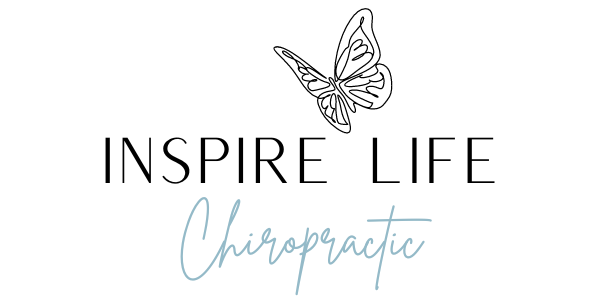Healing Begins at Night: How Quality Sleep Supports Your Child's Health
Parents, no matter what health challenges your child may face, whether it’s acute conditions like the common cold or chronic neurological conditions like anxiety, ADHD, or seizures - there is one crucial first step you must take: prioritize sleep.
Sleep is the foundation upon which all healing begins.
In this blog, we will explore why sleep is so vital and how it can help your child overcome health challenges. It is even more necessary for a child looking to heal and overcome a health challenge or condition of any sort to get extra sleep during the initial healing and recovery stages. If you’ve exhausted various methods to help your child heal naturally and have observed that their condition worsens when they are tired or sleep-deprived, this is for you.
The Power of Sleep
Sleep isn’t just essential for adults; it plays a crucial role in your child’s health as well. Sleep disorders can affect up to 50% of children and pre-adults, leading to tiredness, disrupted family dynamics, cognitive and behavioral issues, and even long-term health concerns. Getting good sleep is the first and most vital step in neurological development and healing.
Sleep disorders can manifest as difficulty falling asleep, staying asleep, or both. Recognizing these symptoms is key to addressing the issue.
The Role Subluxation and Dysautonomia Play in Sleep Challenges
Several factors can contribute to sleep disorders in children, but one often-overlooked cause is subluxation and dysautonomia, which are related to neurological imbalances and dysfunctions. These imbalances can overstimulate your child’s sympathetic nervous system and suppress the parasympathetic response, disrupting their sleep patterns.
You may be unaware that birth interventions like forceps, vacuum extraction, induction, or emergency c-sections can damage the dysfunction of your child’s Vagus Nerve. This vital nerve, also known as the “rest, digest, and regulate” nerve, is located near the sleep centers in the brainstem and plays a crucial role in regulating sleep. Impaired Vagus Nerve function can significantly hinder your child’s ability to sleep well.
Environmental and External Factors
Besides addressing subluxation and Vagus Nerve dysfunction, creating an optimal sleep environment is essential as well. Factors such as room brightness, noise levels, temperature, and pre-bed activities matter. Additionally, external factors like caffeine intake, irregular bedtimes, overstimulation before bedtime, and respiratory problems can exacerbate sleep challenges.
In our modern world, the increase of screens and electronic devices has introduced new challenges to children’s sleep. The blue light emitted by screens can interfere with the production of melatonin, a hormone crucial for sleep. Encouraging a digital detox can significantly improve sleep quality.
To help your child get the most out of their sleep, it’s helpful to understand sleep cycles. Your child cycles through various stages of sleep, including deep sleep and REM sleep. Ensuring they get enough uninterrupted sleep cycles is vital for their overall well-being.
How to Help Your Child Get Sufficient Sleep
So if you’ve tried numerous remedies, from supplements to essential oils, and your child still struggles to sleep, it’s time to consider Neurologically-Focused Chiropractic care. These adjustments can be a game-changer for your child’s sleep and overall well-being. At Inspire Life Chiropractic, we specialize in providing these beneficial adjustments to calm your child’s nervous system.
Click the “book appointment” for more information, or if you’re ready to help your child sleep better and regain their health, reach out to us today! Give us a call or send us a DM, we’d love to help! Your child’s journey to improved health starts with a good night’s sleep. Prioritize their sleep and watch them thrive.

